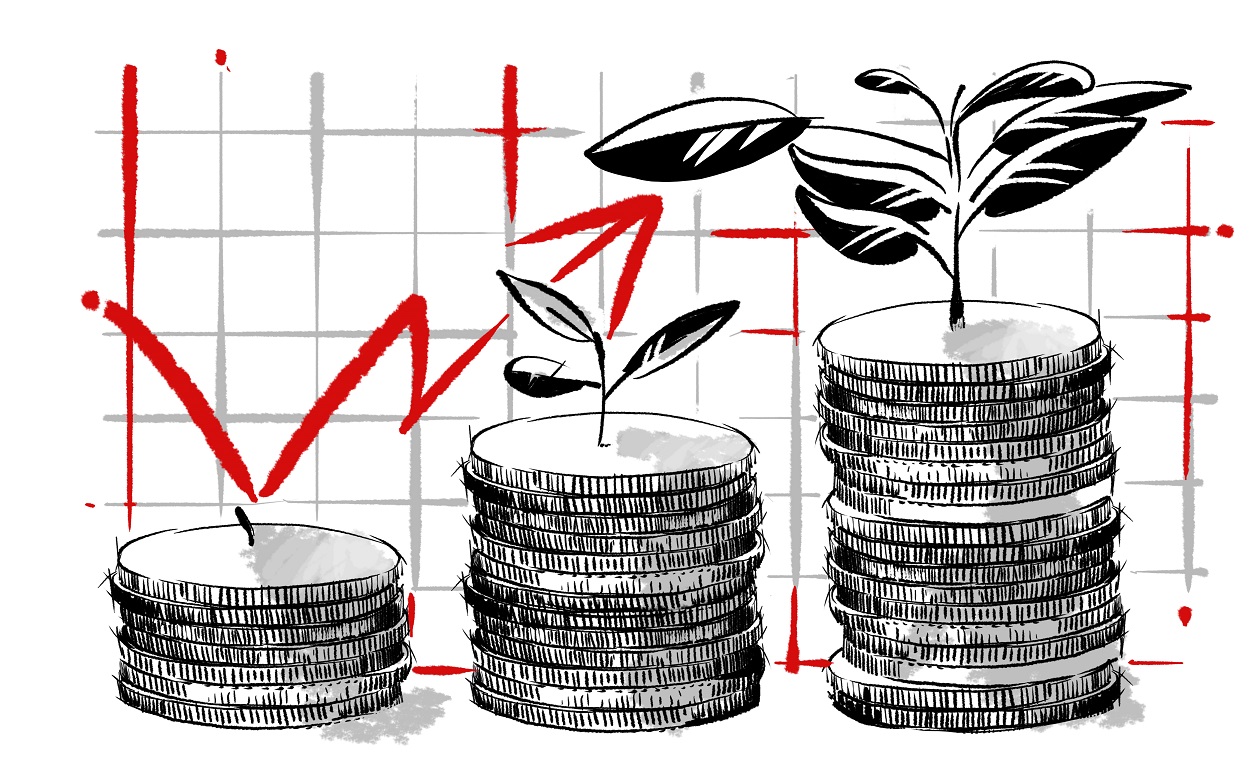Sustainability in investment

As a subscriber to the United Nations Principles for Responsible Investment (UN PRI), GCO shares the commitment to achieving a global and sustainable financial system through the incorporation of environmental, social and corporate governance (ESG) considerations in its investment strategy and activity.
Through our Sustainable Investment Policy, we establish the ESG principles and criteria to be taken into account in our financial investments. This Policy is complementary to GCO's Investment Policy, which is based on the principle of prudence in its activities and whose main objective is to ensure fulfilment of the commitments made to its customers over time, with an adequate diversification of portfolios.
The practical application of the principles set out in the Sustainable Investment Policy is detailed in the Annual Sustainable Investment Plan. In this Plan, we establish the sustainable investment objectives we propose to achieve in each financial year.
Sustainable investment strategy
GCO has established the following principles to further the incorporation of ESG considerations in the analysis and decision-making processes related to investment management.
Exclusion principles:
Positive screening
Investment in companies with poor ESG risk management, as measured by a risk rating given to companies by an external provider, is excluded. A ”Best in Class” investment selection methodology is applied, taking into account the ESG Risk Rating measured on an open scale, where 0 represents a negligible risk and 40 or more is considered a severe risk.
Regulatory screening
We exclude investment in companies whose performance is considered controversial and, in particular, those whose performance could adversely affect their operations, the environment or society in general.
Negative screening according to the sector activity
Investment in companies in which part of their activity is carried out in certain economic sectors is excluded, in whole or in part:
- Adult entertainment
- Military contract
- Controversial weapons
- Light weapons - Extraction or generation of energy from thermal coal
- Exploration of oil and/or gas in the Arctic regions on the high seas
- Shale energy extraction.
Integration principles:
Sustainable investment
Increased investment in projects aimed at the transition towards a "low-carbon" economy, more efficient and sustainable use of resources.
Impact investment
Increased investment in projects aimed at achieving social and environmental objectives, in line with the priorities set out in the Group's Sustainability Master Plan.

